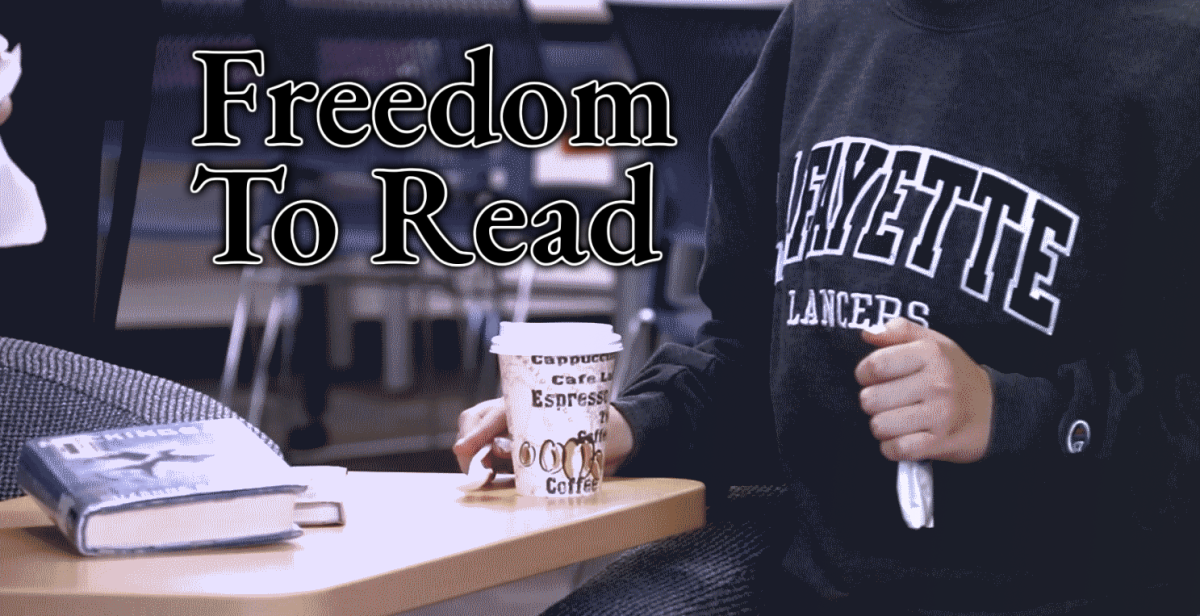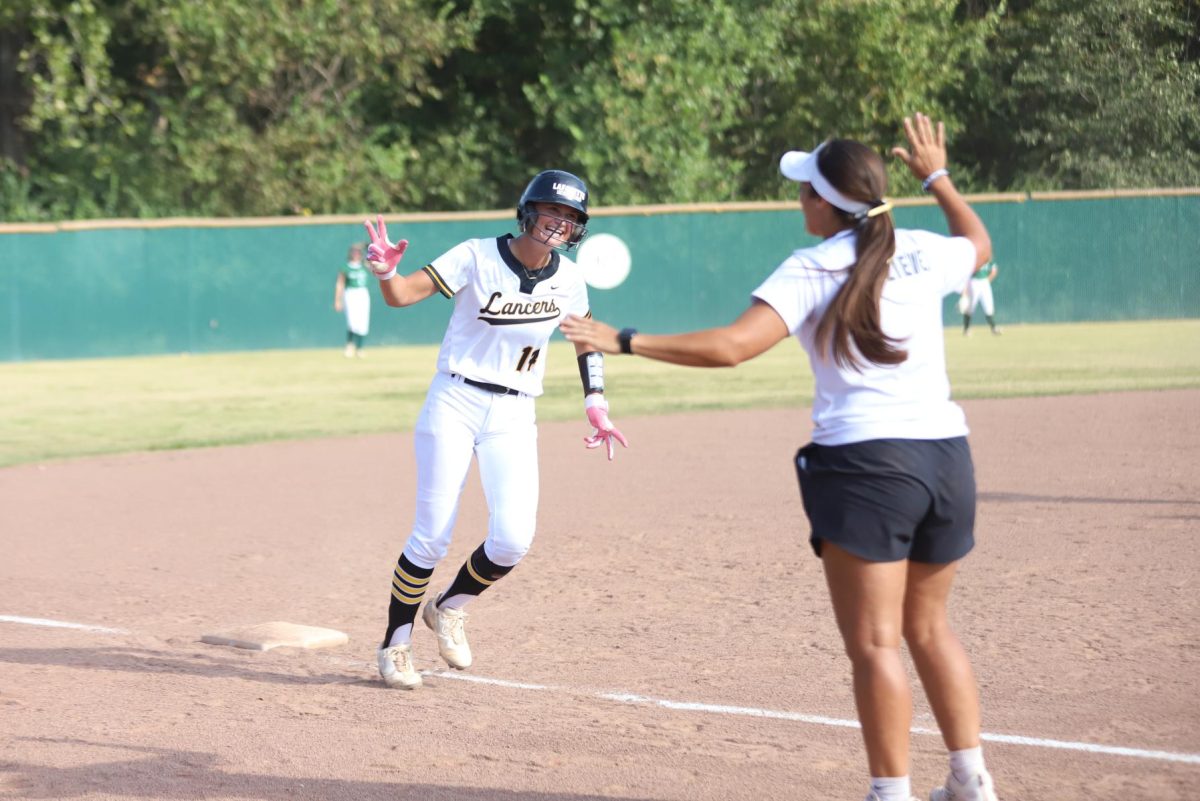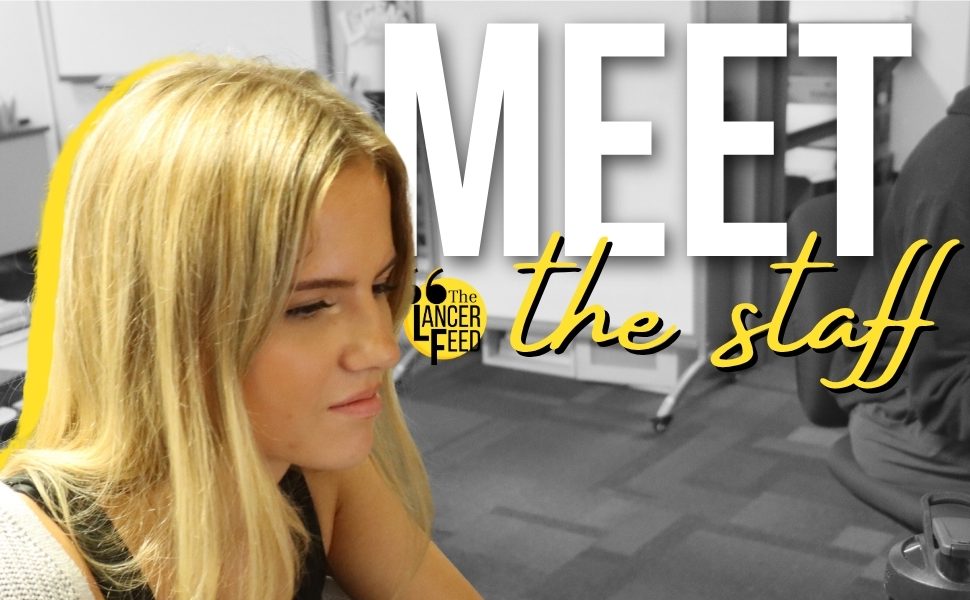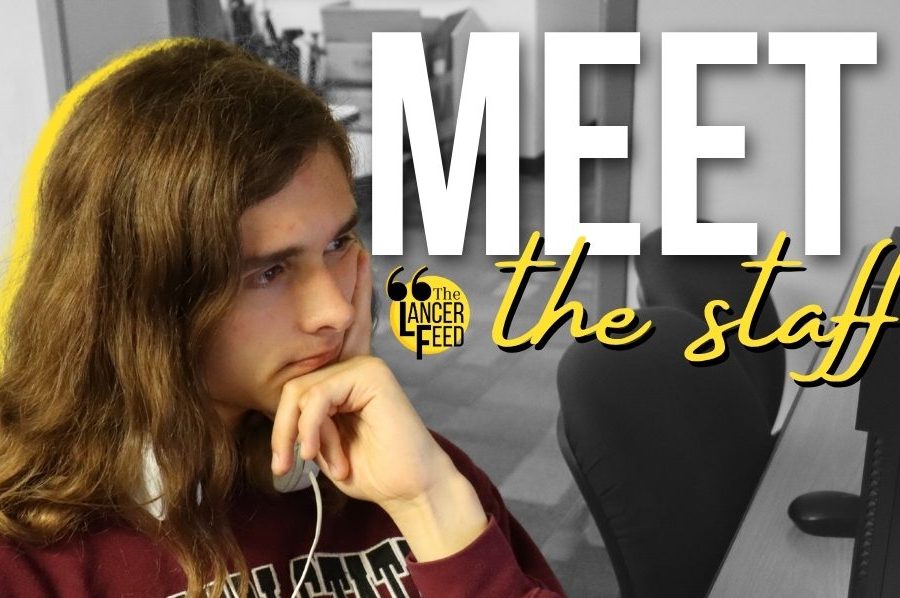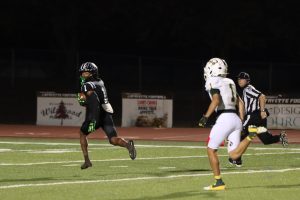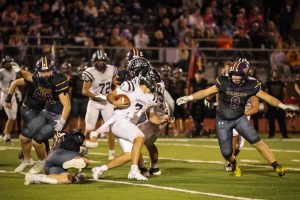Crossing the Language Barrier
Determination creates desire to learn English
photo illustration by Juli Mejia
Despite not having an official language, the majority of households in the United States speak English. However, in the 2020 Census, it was reported that around 21.5% of Americans speak another language at home other than English.
April 1, 2022
Language is often one of the most important aspects of culture. As time goes on, the primary language sets a structure of tradition and diverse ideas to be passed on through generations. While the United States does not have an official language, English is predominantly spoken across the country. Despite this, the U.S. Census Bureau reported in 2020 that 21.5% of people speak a language other than English at home.
At Lafayette, there is a large community of bilingual students, many of whom have had to learn English as a second language.
Senior Johann Sanchez grew up in Panama, where Spanish is the dominant language. Even though Spanish was his primary language, he was able to grasp the foundations of English through school.
“English is a mandatory subject in schools since kindergarten, so you start learning it very early. I already knew how to hold basic conversations in elementary. It was easier adjusting to the language once we got here after a couple months. I was able to talk to people properly,” Sanchez said.
With English not being Sanchez’s first language, Sanchez’s dad wanted to find a way to help him communicate in English and make friends once he moved to the United States.
“My dad thought it would be a good idea to put me into a soccer team to help with communication and everything,” Sanchez said.
Junior Vasti Salazar lived in Saltillo Coahuila, Mexico for most of her life until going to school in Dallas. For her, the struggle of learning and maintaining English as a second language lay in the inconsistency speaking it regularly. She spoke Spanish with English lessons in Mexico, and primarily spoke English in Texas. After she moved back to Mexico when her sister was born, Salazar primarily spoke Spanish and lost a bit of her fluency.
“We’ve always spoken English, [especially when we] lived in Dallas. When we went back to Mexico I kind of was forgetting it. I started getting better and better at [English] again,” Salazar said.
Sophomore Victoria Wiecko was born in Mississauga, Canada and lived in Melton, Canada until she was 5 years old. Wiecko is Canadian with a polish heritage because her parents had been born in Poland.
Although Wiecko was born in Canada, her first spoken language is Polish. For Wiecko, communicating with others in English was a difficult task for her.
“I didn’t talk with anyone. I just talked with my cousins and they all spoke Polish,” Wiecko said.
Because Wiecko was young when she first began to learn English, she said that it was easier for her to accommodate to it. As she progressed in school, she took basic English classes and put in work outside of it to get the hang of basic English structures.
“I only knew three phrases in English before I moved. I had to take a test before entering kindergarten to see if I was even eligible to start learning at a usual level,” Wiecko said. “I had a lot of literature books and a lot of TV and radio which helped a lot,” Wiecko said.

